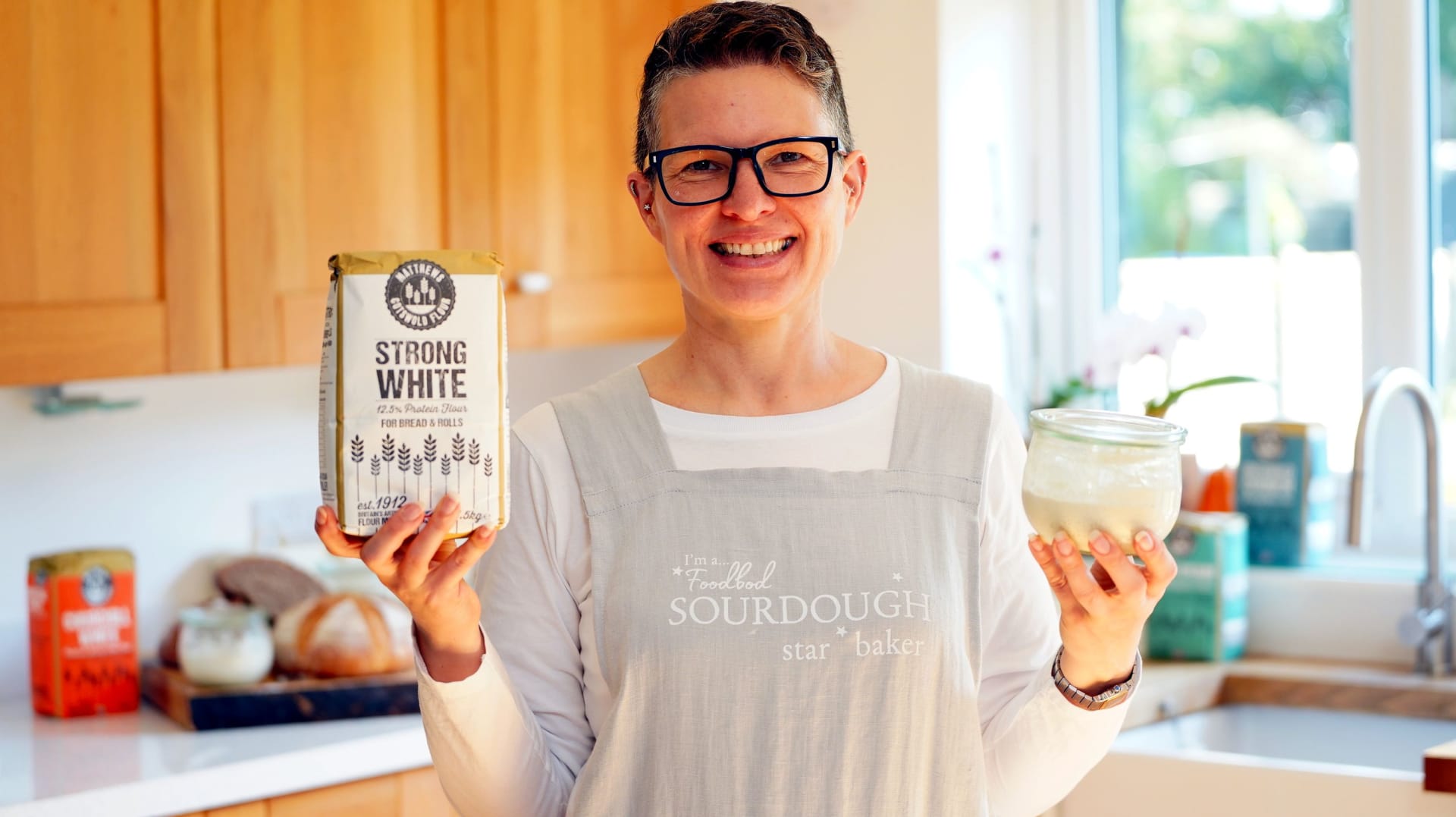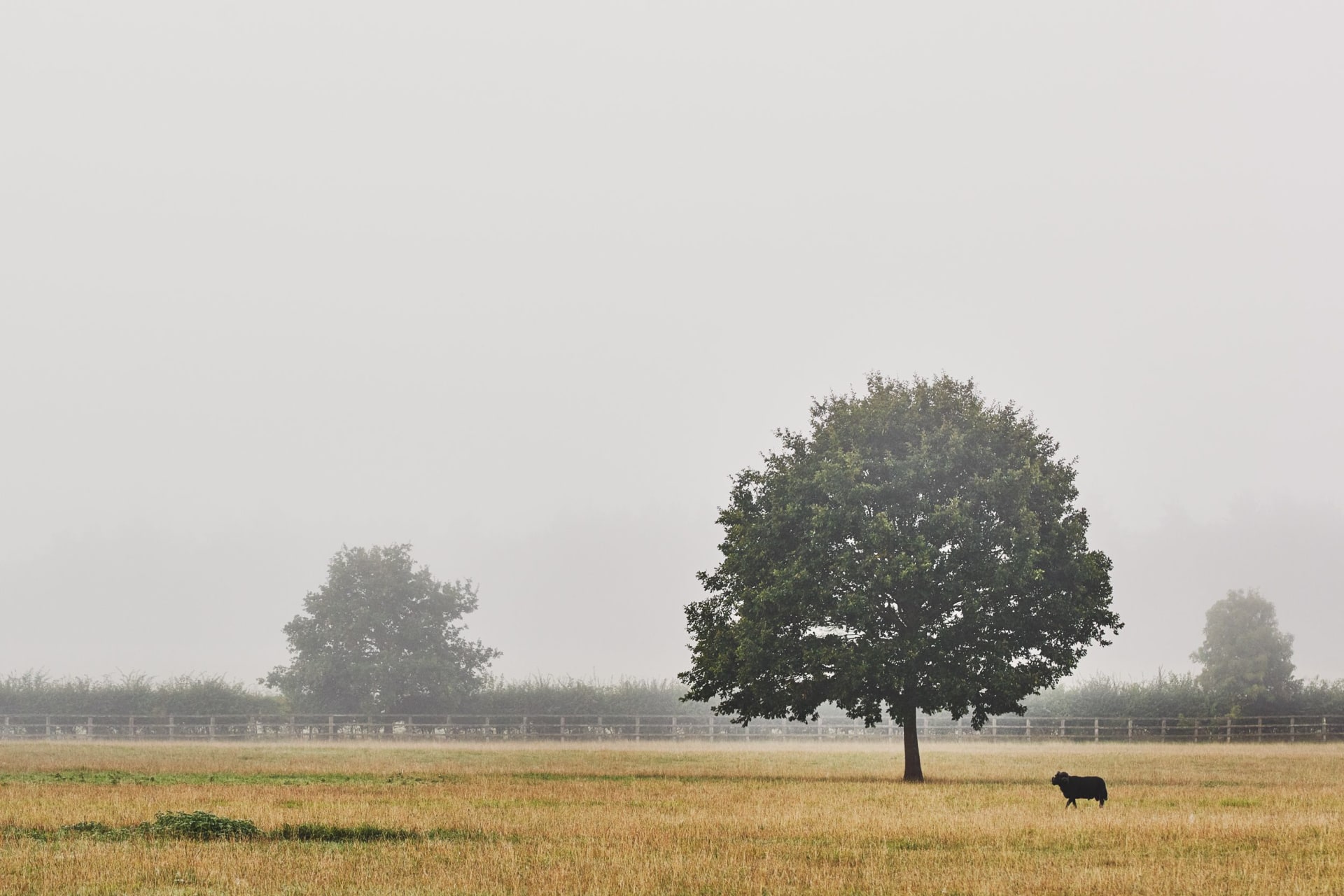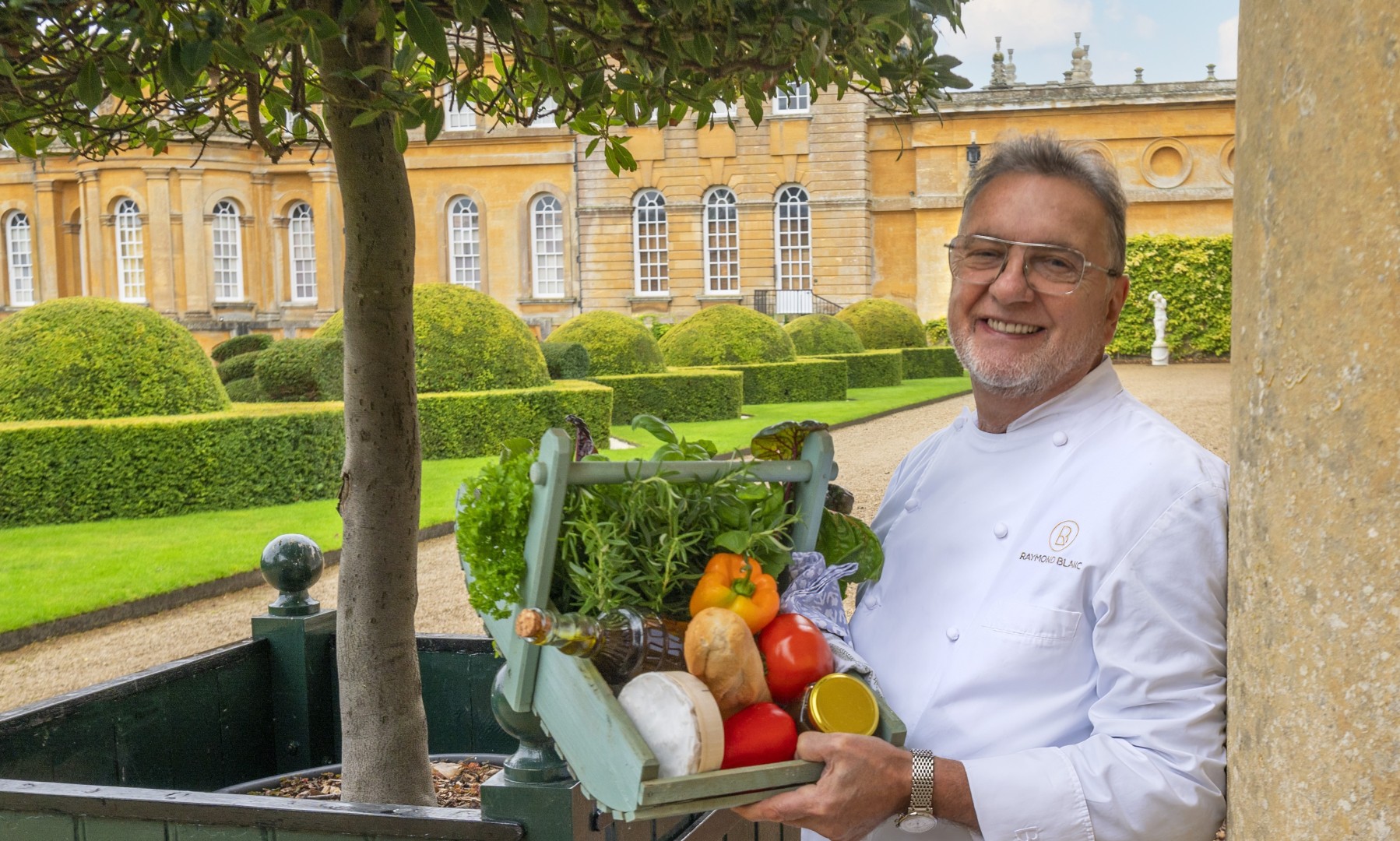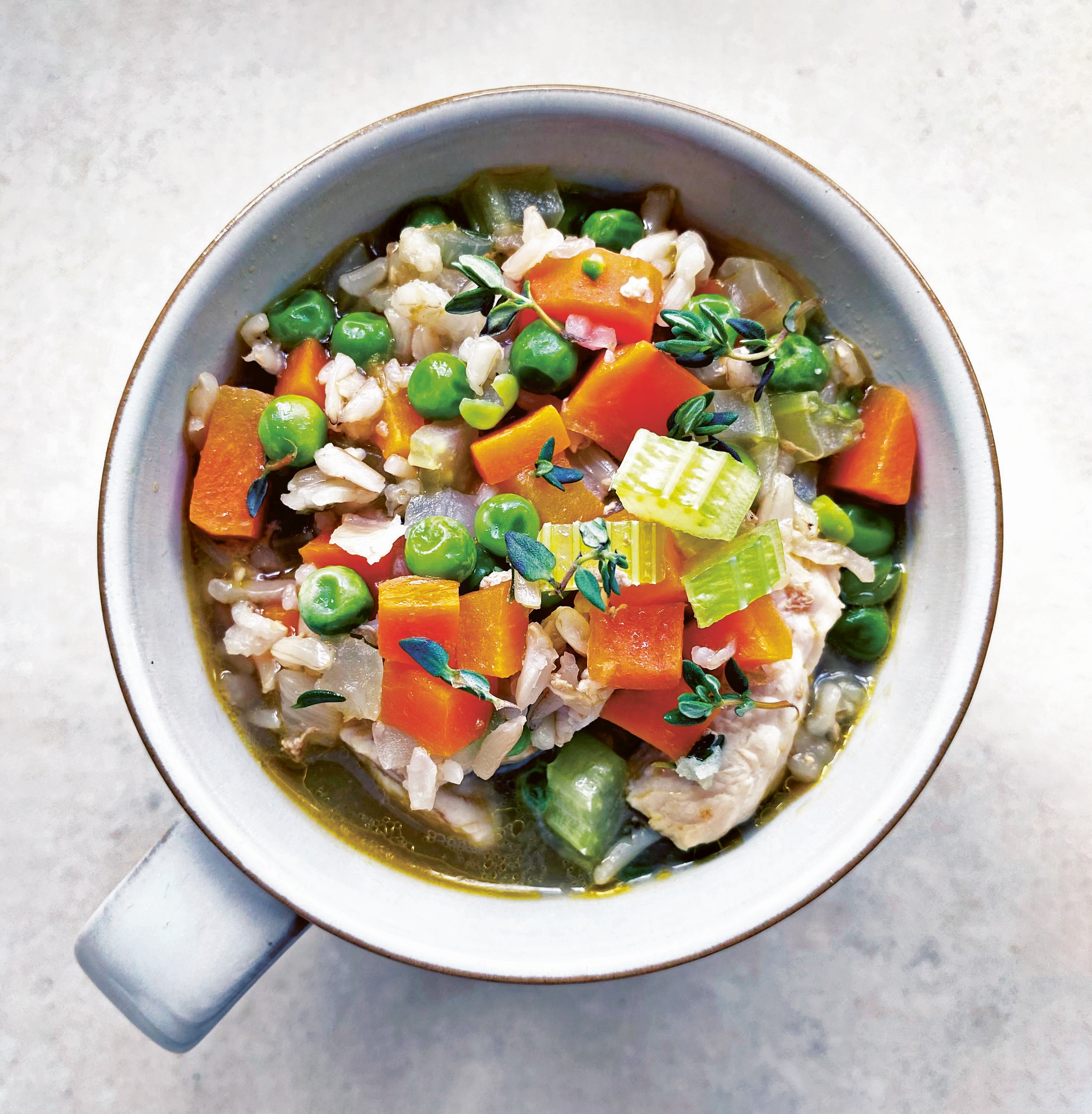Sourdough September may have passed but as far as we’re concerned, Sourdough is for life, not just one month a year.
Elaine Boddy is a world-renowned sourdough baker who has published three books all about sourdough and has a large and loyal international baking community. Her Instagram (@elaine_foodbod) has over 80,000 followers, and her website, foodbodsourdough.com is the ultimate destination for all things bread and flour.
She has recently been appointed Brand Ambassador to Matthews Cotswold Flour. In fact, all of Elaine’s recipes and sourdough creations have been made and tested using Matthews Cotswold Flour, so she actually knows from her own experience how their flours feel, taste and behave, as well as how best to use them when making sourdough and other recipes; “I am so excited to be…uniting my sourdough world with a business that I love. I have used and recommended Matthews Cotswold Flour for so long now, I know exactly how they behave in sourdough baking and how to maximise my recipes for home bakers using this great range”. Elaine has supported the artisan miller, both online and in person, and they are delighted to be working together to develop an exciting new Cotswold Flour Sourdough Experience.
Elaine has extensive experience of being a home baker herself and bakes everything in her home kitchen, using standard domestic ovens and apparatus. Her podcast, The Foodbod Pod, is all about food and she is known for her real, straightforward, useable advice, like these tips for the perfect sourdough starter:
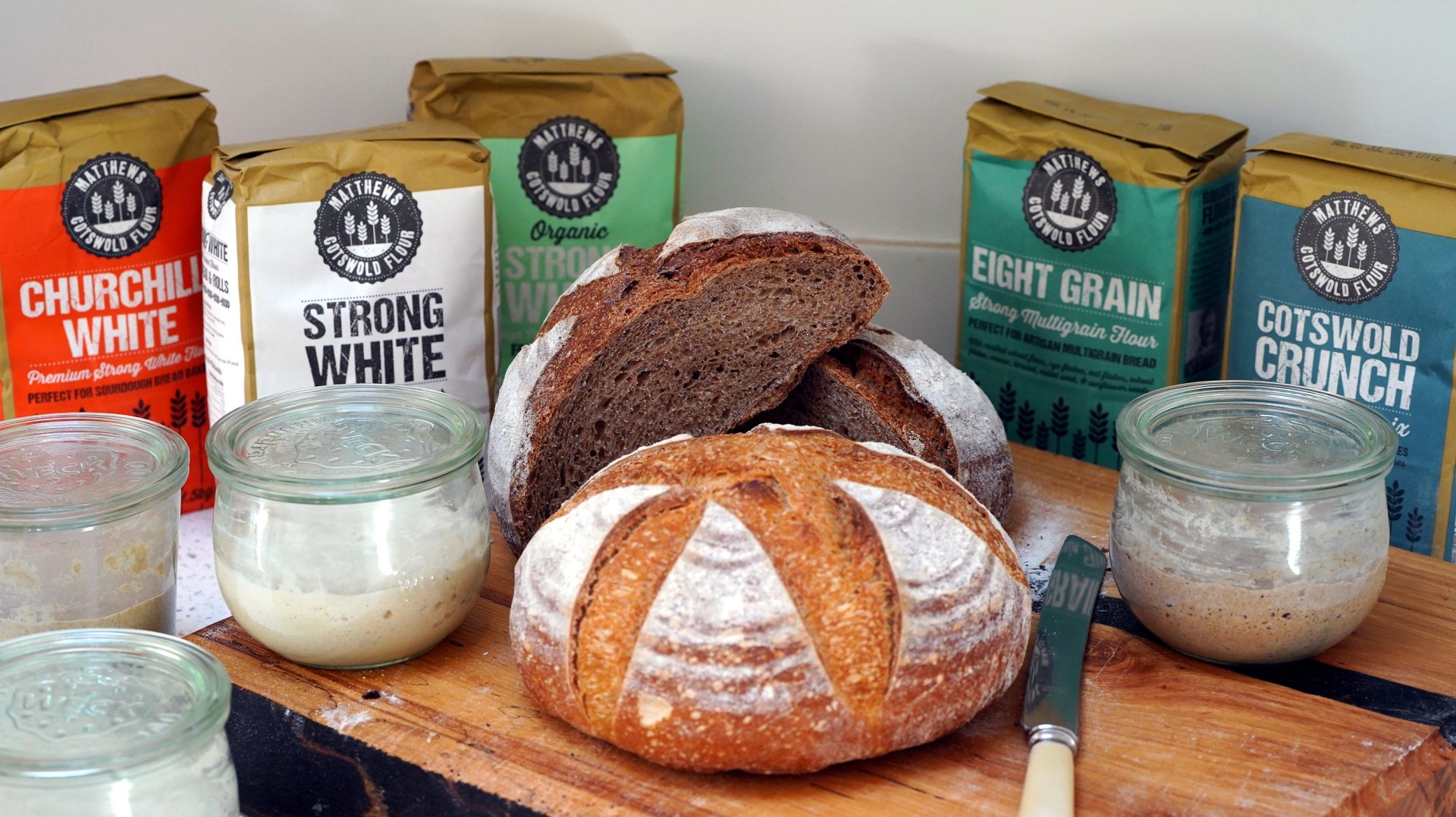
1. Use good flour
When I first started making sourdough I thought ‘flour’ was just ‘flour’. I learned very quickly that not all flours are created equal. The flours we choose have an impact on our sourdough making.
You can use any wheat flour to make a starter. As a learner, I would highly recommend using strong white bread flour or wholewheat/wholemeal flour, but I would also branch out into other flours. I have made starters with a lot of the Cotswold Flour range.
2. Water
The water used in a starter can also make a difference to how it behaves. Distilled or reverse oxygen water can sometimes hamper the growth of a starter.
Where I live, and in most places in the UK, using tap water is fine. But, if you’re not sure, try boiling and cooling your tap water. If your tap water smells strongly of chlorine, fill a jug and leave it to sit out for 24 hours, the chlorine will evaporate off. If you have a jug with a lid, you can prepare a jug of water ready to use for the week.
3. Use scales
When I was first introduced to making sourdough, the quantities were in cups; as soon as I switched to using scales and carefully weighing the flour and water, it dramatically improved the performance of my starter. I use Salter digital scales.
4. Keep it small
I only ever use small quantities for making and maintaining my starters, and that’s all you need to do. This not only means that you’re efficient with the amounts of flour used, but it also keeps your starter lean and healthy. In this instance, less is definitely more.
5. Give it time
Another key lesson sourdough teaches is that patience is not merely a virtue, but a requirement. There is a joy in the slow pace of sourdough, but it can also worry new sourdough makers, do let it happen though, it will be worth it.
And do keep in mind that new starters don’t work to a clock, they will be ready when they’re ready. Some are ready in seven days, some take three weeks, there isn’t a fixed or standard amount of time. If yours isn’t ready to use in seven days, it’s fine, keep following the steps and let it happen.
6. Be consistent
When you find what works for you, stick with it. Especially if you're new to sourdough, stick to a process, once you feel more confident, by all means experiment, but build up to that.
7. Resist diving into rabbit holes
If you’re new, don’t read too much. You can easily get overwhelmed with a flood of information. Choose a single source and stick with it whilst you learn how sourdough works.
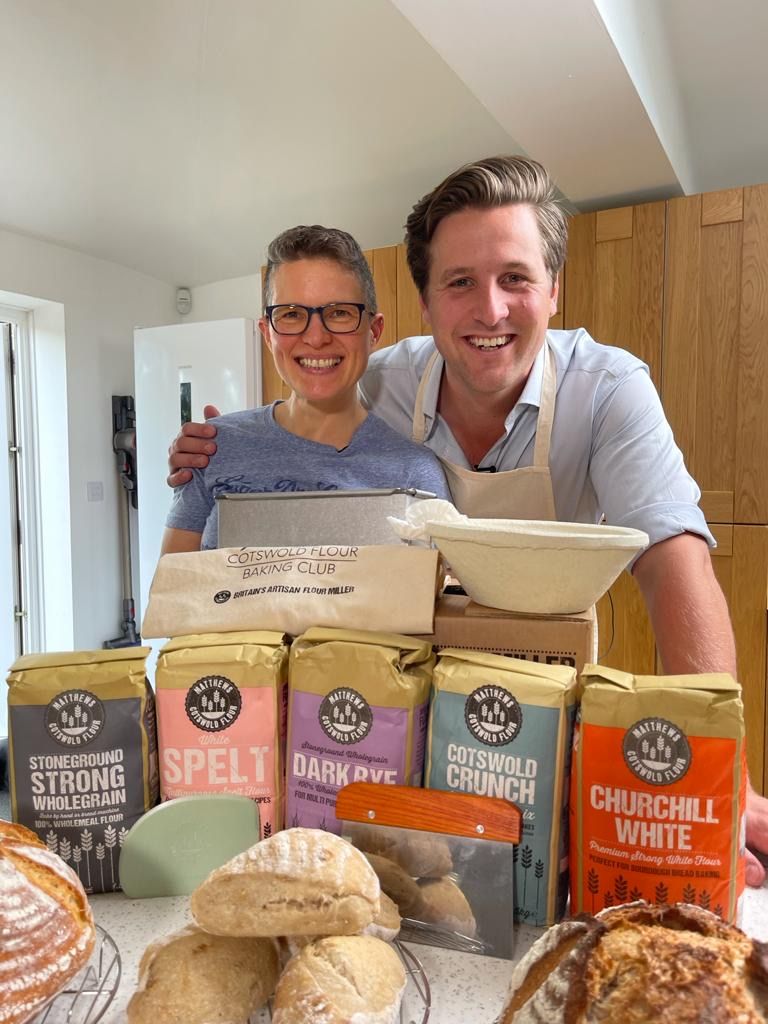
8. Starters rarely die
People often don’t realise that starters are very resilient, they are rarely dead unless they get mouldy. If there’s pink or orange mould, it’s not a good sign, but that really is rare.
9. Starters don't need to be babysat
Starters don’t need constant tending, or feeding for the sake of it, once your starter has been made and established, you only ever need to feed it to use it. It doesn’t matter if you use it once a week, once a fortnight or once a month. It will survive in the fridge when you go on holiday, no one needs to come and tend to it. And never assume you need to chuck it out and start again, starters can always be tended back to health, unless, as aforementioned, they get mouldy.
10. Seriously - use good flour.
As a final tip, if you can, choose the best quality flour possible for your starter at least. It truly does make all the difference and is worth the investment.
All of this information plus more can be found on cotswoldflour.com. For even more inspiration, follow @CotswoldFlour on Instagram and Facebook. Bertie Matthews, Managing Director at Matthews Cotswold Flour, says: “We’ve worked closely with Elaine for some time already, and have always been impressed by her sourdough recipes and expertise. It’s fantastic to have her on our team, creating lots of new Sourdough content and resources for our home baking community together”.

